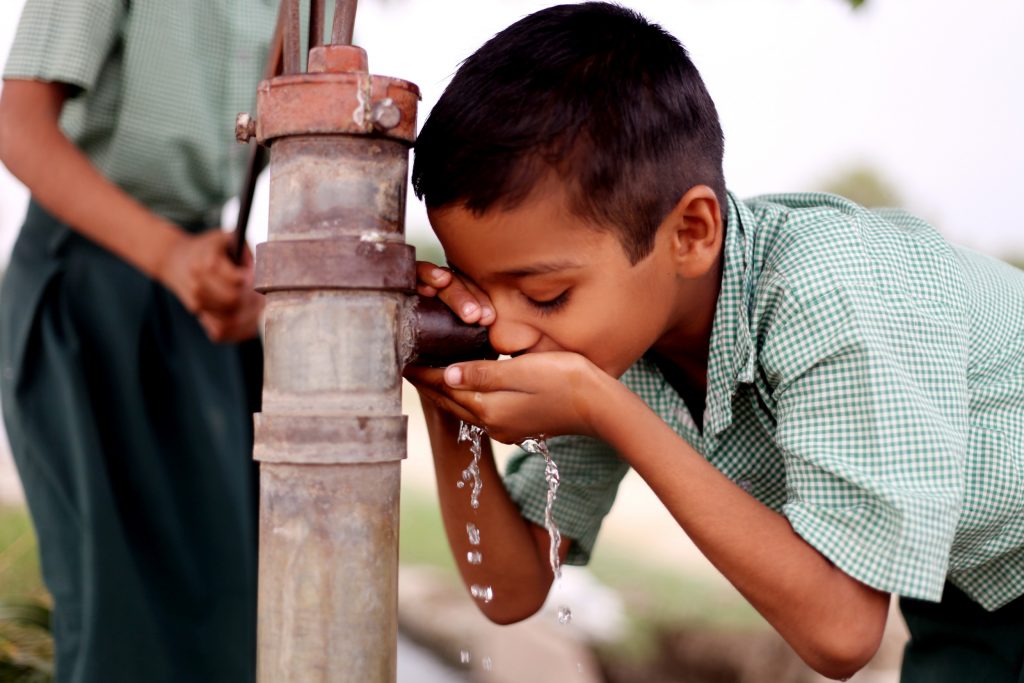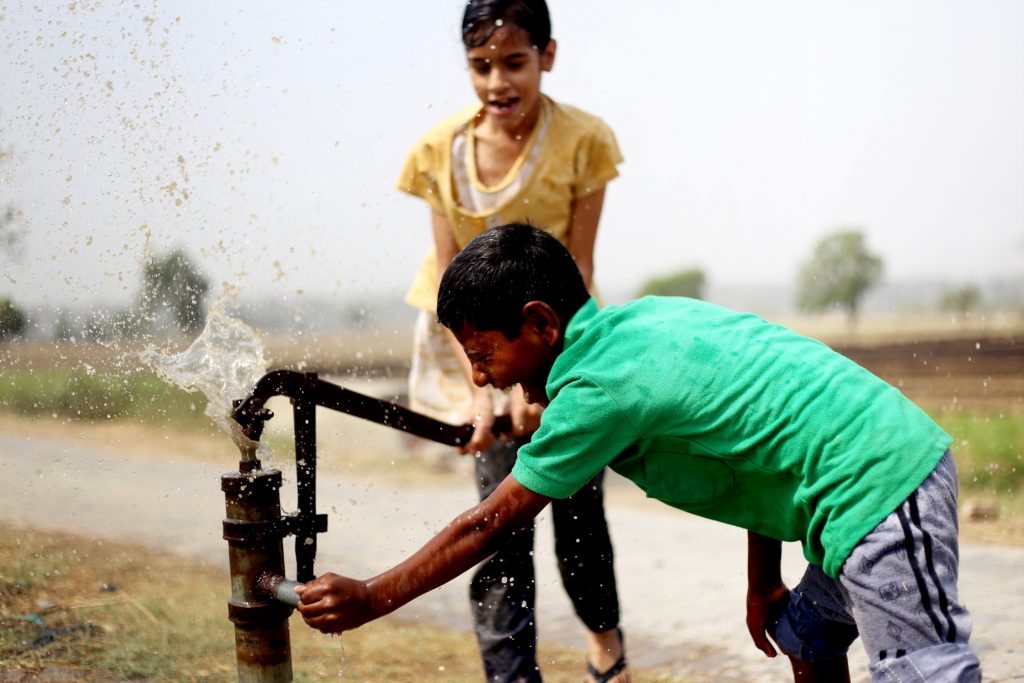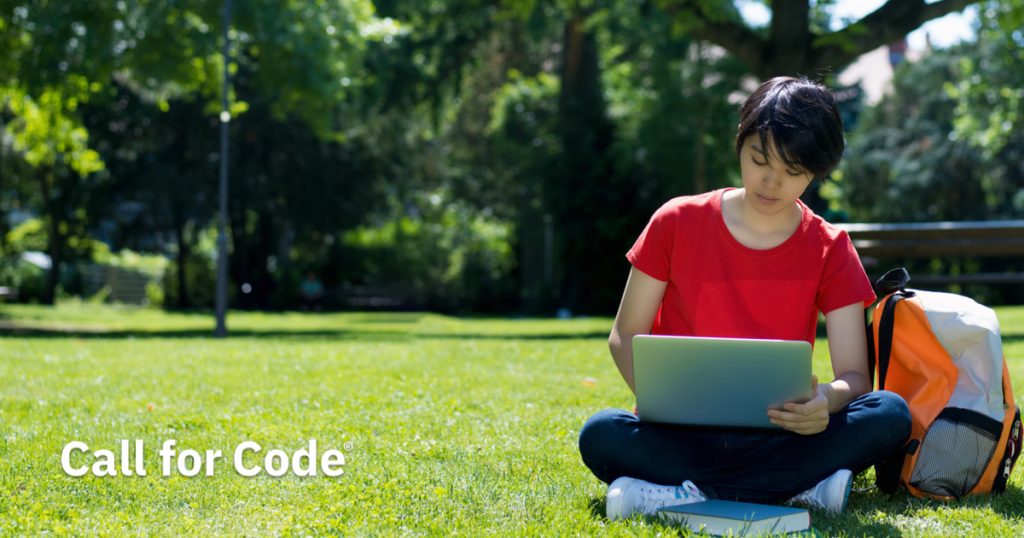Well Well’s AI to help communities find the best well location, was selected as one of the Call for Code 2021 Global Challenge University Finalists for IBM’s tech for good challenge taking on climate change
Bangkok, Thailand – 28 Oct 2021 — University of the Thai Chamber of Commerce, through its collaboration with Harbour.Space@UTCC, today announced that its developer team Well Well was honored as one of the Top Five Call for Code Global Challenge University Finalists.
The 2021 IBM Call for Code Global Challenge invited the world’s software developers and innovators to come together to address climate change with open source-powered technology.
Well Well developed an AI tool that is able to find the best water location within walking distance and evaluate the minerals and chemical composition of that water. Parameters like water flow and the land use near each location, soil composition, the depth needed to access water, upstream sources, proximity to other wells, are analyzed through its machine Learning model in order to drill a successful well for the communities and ensure a sustainable water production from the water wells locations.
With its free web application that takes GPS location of any points in the world, in combination with geological features map like imagery and machine learning, countless people who don’t have access to a mobile phone or the internet can today find the best location to drill a water well and have access to clean water. Communities can also instead leverage the paid portable device with pre-computed ideal locations, that can detect the GPS location and guide people to the nearest ideal place for drilling well.
“Today 2.2 billion people don’t have access to safely-managed drinking water, and 884 million people currently live without basic drinking services,” said Thanawat Polvichai, President of University of the Thai Chamber of Commerce. “Drilling water well often needs the help of a specialist or hydrologist, in order to know where to find the best potential first successful water well. In most cases, people can’t afford the expensive services. We are proud today to share how Well Well is bringing the power of AI and machine learning to help find potential water well locations in a more systematic, inexpensive and effective way.
Since Call for Code launched in 2018 by David Clark Cause and IBM, with the support of the Linux Foundation and United Nations Human Rights, more than 500,000 developers and problem solvers across 180 nations have joined the movement and built 20,000 applications to help address some of the world’s most pressing issues, including natural disasters, COVID-19, racial injustice, and climate change. These applications were built using open source-powered software, including Red Hat OpenShift, IBM Cloud, IBM Watson, IBM Blockchain, and data from IBM’s The Weather Company. Fourteen Call for Code projects to date have been adopted into open governance by the Linux Foundation.
Unlike other philanthropic initiatives, Call for Code doesn’t end with a check. IBM and its ecosystem partners collaborate with top teams every year to bring their solutions to life by further developing the technology, making their code available for anyone to use in open source, and helping deploy the solutions in communities around the world.
Well Well and other finalists from the Asia Pacific region will be judged by a panel of local leaders in business, academia, government, and NGOs who will select a winning team for Asia Pacific region. Regional winners – among whom the Call for Code Global and University Challenge winners will be chosen – will be announced along with the Global and University Challenge winners at the 2021 Call for Code Awards on November 16, will receive $5,000USD, and can continue to receive guidance from IBM and mentors in the Call for Code Community.
“We commend all our participants for their dedication and ingenuity in tackling climate change,” IBM Call for Code director Ruth Davis said. “The developers and problem solvers from Well Well are a testament to the best of what the open source community has to offer and make us optimistic about how technology can help the fight against climate change and shape the future. We look forward to seeing how Well Well will help make a difference.”












